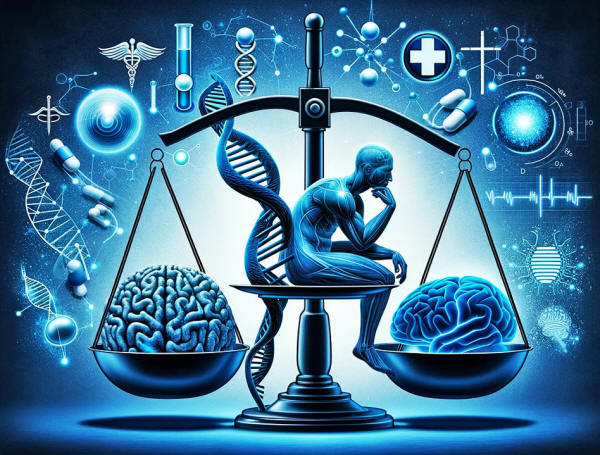|
At its core, bioethics seeks to strike a balance between beneficial scientific discovery and the moral, ethical, and social consequences of such discoveries.
This balance is crucial in a world where technology and science are rapidly advancing, often outpacing our ethical frameworks and legal systems.
Bioethics serves as a guidepost, helping us
navigate the complex moral landscapes formed by new medical
practices, treatments, and research.
As a result, bioethics has grown from these roots
to become a significant and independent field of study.
Contemporary issues in bioethics encompass a wide range of topics.
Genetic engineering, with advancements like CRISPR and other gene-editing technologies, raises questions about,
The role of artificial intelligence (AI) in healthcare, particularly in diagnosis, treatment, and patient care, brings up concerns about consent, privacy, and the potential biases in AI algorithms.
Ethical considerations around end-of-life care, such as,
...are ongoing discussions.
Organ transplantation and donation also pose ethical dilemmas, including issues of,
Bioethics not only informs public policy and legislation but also guides ethical conduct in scientific research.
Institutional Review Boards (IRBs) and Ethics Committees are examples of how bioethics is integrated into research to protect human subjects and ensure ethical standards.
These bodies play a crucial role in reviewing
research proposals, assessing potential risks and benefits, and
ensuring that the rights and well-being of participants are
safeguarded.
The rise of personalized medicine, with its focus on tailoring treatments to individual patients, raises questions about access, equity, and the potential for exacerbating existing health disparities.
The potential of anti-aging treatments and
the ethical implications of neurotechnology are also areas
that will require careful ethical consideration.
As we forge ahead into new frontiers of medicine
and biology, the principles and discussions within bioethics will be
pivotal in shaping a future that is not only scientifically advanced
but also morally sound.
|


